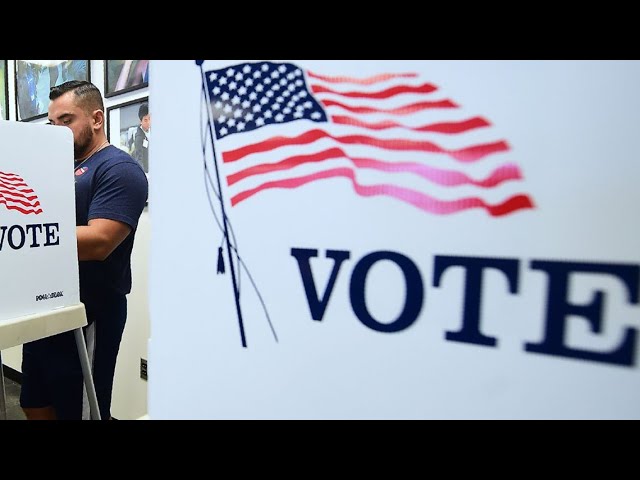The law was challenged in court by the American Civil Liberties Union.
A federal appeals court has blocked a West Virginia law that banned students from participating in single-sex sports teams that don’t match their biological sex.
The 4th Circuit Court of Appeals issued an order and opinion on April 16 that blocks enforcement of the Save Women’s Sports Bill on grounds that the law violated the constitutional rights of the plaintiff, a 13-year-old eighth-grade track athlete who was born male but identifies as female.
The measure was signed into law by West Virginia Gov. Jim Justice in 2021. It was quickly challenged in court by the American Civil Liberties Union (ACLU), which brought the lawsuit on behalf of Becky Pepper-Jackson, the transgender student who was prevented from joining the girls’ cross-country team.
filings by the initials B.P.J.), who was diagnosed with gender dysphoria in 2019 and was treated with puberty blockers followed by “gender-affirming” hormone therapy, never underwent male puberty and so doesn’t have any athletic advantage over naturally-born girls.
The group claimed that the West Virginia law discriminated against children like B.P.J. “on the basis of sex and transgender status” in violation of the U.S. Constitution and Title IX, including the Equal Protection Clause of the Fourteenth Amendment, which prohibits a state from denying a person within its jurisdiction “equal protection of the laws.”
Legal Wrangling
Initially, Southern District of West Virginia Judge Joseph R. Goodwin, a Clinton appointee, issued a preliminary injunction in July 2021, temporarily blocking the transgender sports ban. However, Judge Goodwin later reversed this decision, ruling that the law is “constitutionally permissible.”
Judge Goodwin noted in his 21-page order that, because not all transgender girls take puberty blockers like B.P.J., a law that protects female sports and athletes based on biological sex classifications is valid because “biological males generally outperform females athletically” and the government has an important interest in “providing equal athletic opportunities for females.”
By Tom Ozimek






